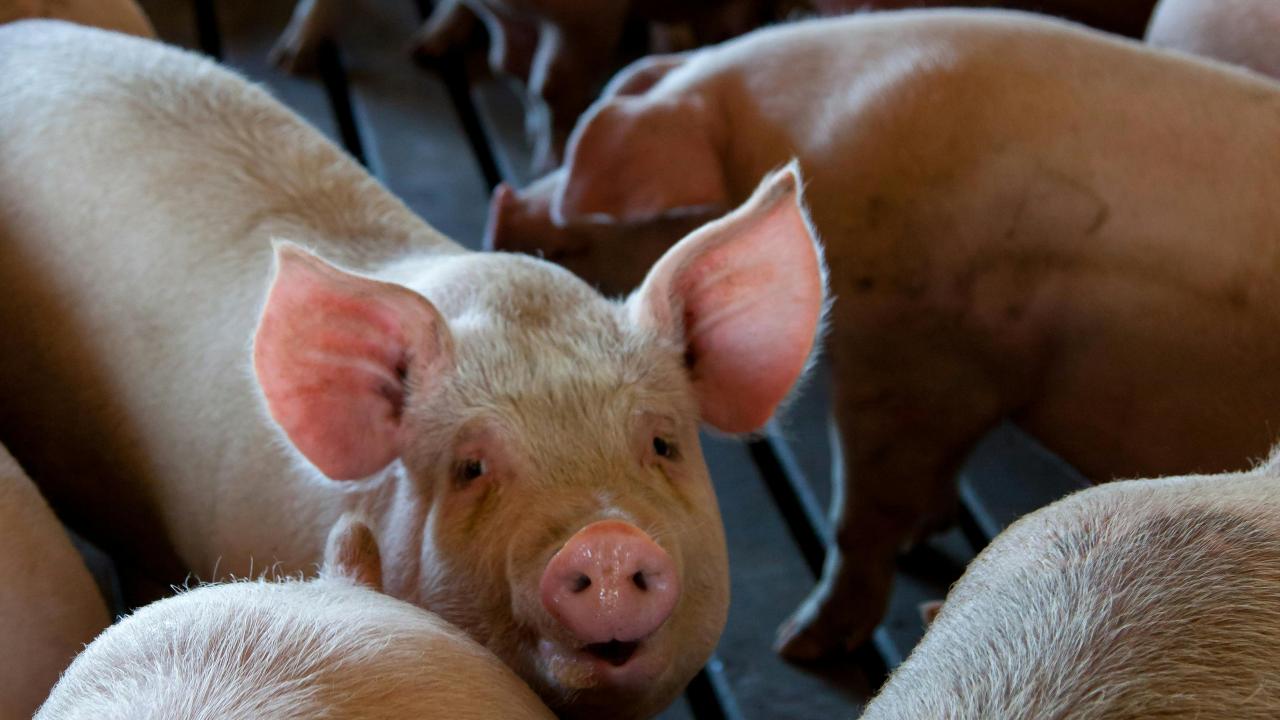
The sector has succeeded in establishing maximum quotas for pork and pet food.
For the animal protein chain, the trade agreement between Ecuador and Canada is neutral, it neither benefits nor harms them, because during the negotiations, the sector managed to establish maximum quotas for pork and pet food, according to the executive director of the Association of Balanced Food Producers of Ecuador (Aprobal), Jorge Josse.
Six rounds of negotiations were held with Canada, which began on April 29, 2024, and concluded on January 31 of this year. On February 2, President Daniel Noboa announced that “Ecuador will have a trade agreement with Canada” and to move forward with the process of implementing this instrument, it must be signed by the Canadian Prime Minister and the Ecuadorian President.
During the negotiation period, in September 2024, the national animal protein sector asked the Government to exclude this sector from that process, because it put at risk the future of 300,000 jobs and the competitiveness of thousands of large, medium and small Ecuadorian companies that are dedicated to the production of food from animal protein.
Then, in November of that year, the national pig sector, including the corn production chain, represented by the Association of Pig Farmers of Ecuador (ASPE), insisted on its request to the Government to be excluded from the negotiations of the trade agreement.
The union argued that the pork sector worked in adverse conditions to those of Canada, so much so that in order to support national corn production, it buys raw material at a price higher than the international one; in addition, it faced critical situations such as insecurity, the electricity crisis and high labor costs. This is in contrast to the Canadian production sector, which operates with high levels of competitiveness and with state aid of US$ 6 billion annually in subsidies, factors that place it as the fourth largest pork exporter in the world, with 1.3 million metric tons exported, which constitute 65% of its production.
After carrying out a technical analysis, Aspe stated that opening the market to Canada would lead to a 46% reduction in national pork production, a loss of US$800 million in sales and a loss of around US$307 million for the local economy, in addition to the potential loss of around 165,000 jobs.
Now, after learning that there will be a trade agreement between Ecuador and Canada, the executive director of Aprobal comments that in the negotiations “they agreed to establish quotas (maximum quotas) for pork and pet food, which were the two products of interest.” He adds that “they are quotas that do not represent a volume that could affect national production,” the maximum quota of these quotas - he indicates - being 525 tons for pork, which will gradually increase, reaching 1,055 tons in 20 years.
Currently, national production is around 220,000 tons and in 10 years it could be close to 300,000 tons, according to Josse, which means 3% or less of national production. “For our animal protein chain, it is practically neutral. It neither benefits us nor harms us,” he says.









